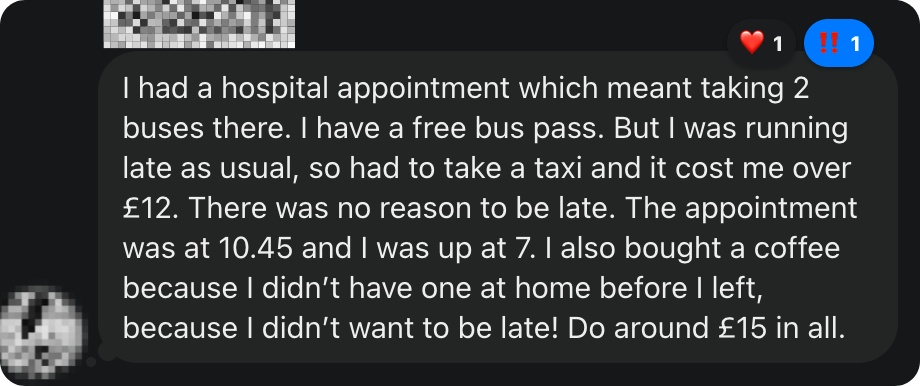ADHD Memory: How to Stop Forgetting Everything!
Learn why ADHD makes memory so unreliable, and what you can actually do about it.
You forget birthdays, appointments, and half the things you swore you'd remember. In the moment, it feels obvious - how could you not remember to move the laundry? But then your phone lights up. A notification, a text, a scroll. Five minutes later, the thought is gone. Skip to Monday: your favorite shirt’s still in the washer, and now it smells like regret.
If you’ve ever felt like your brain just… drops things, you're not irresponsible or careless. ADHD messes with memory in sneaky ways: working memory, short-term recall, even remembering to remember. Today we’re unpacking why ADHD makes memory so unreliable, and what you can actually do about it.
Don’t miss the ‘Apply It’ Worksheet at the end - it’ll help you actually remember the stuff that matters, starting today.
Why thoughts just slip away
Below the surface, there are specific patterns - ways the brain handles (or fumbles) memory that make these everyday slips more predictable than they seem. Let’s break it down.
Working memory is like your brain’s mental notepad. It holds onto little bits of info just long enough to use them. But for ADHDers, this notepad is smudged and easy to lose track of. You might walk into the kitchen, forget why you’re there, or read a recipe and immediately forget step two while doing step one. It’s your brain struggling to juggle and update information in real time, even though basic short-term memory might still work fine. This is why multi-step tasks feel so slippery, and why the fire alarm ends up doing the remembering for you.
Episodic memory is your brain’s way of remembering things that happened - like a conversation from yesterday or what you did last weekend. Many ADHDers struggle with this kind of memory, but not because the memories disappear. The issue is often with how the brain stores those moments in the first place. Studies show that when ADHDers learn something well, they can remember it just fine. The problem is that the learning process itself tends to be patchy. ADHD brains don’t always use helpful strategies like organizing or visualizing new info unless someone points it out. But once they do use those strategies, memory gets a lot better.
Prospective memory is what helps you remember to do things later - like taking meds, switching the laundry, or showing up to a meeting. ADHDers often struggle here, especially with things tied to time (like “start this in 20 minutes”). Research shows this kind of memory slip plays a role in procrastination: when the intention to do something doesn’t stick, it never turns into action. You might fully plan to pay a bill after dinner, but the thought quietly drifts away - and by the time you remember, it’s already late.




